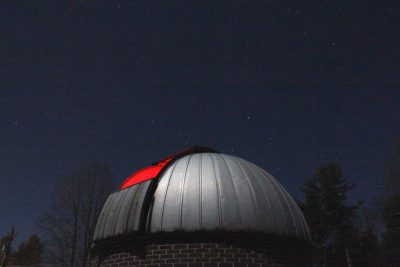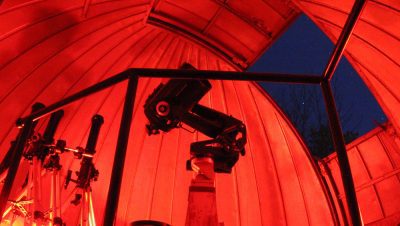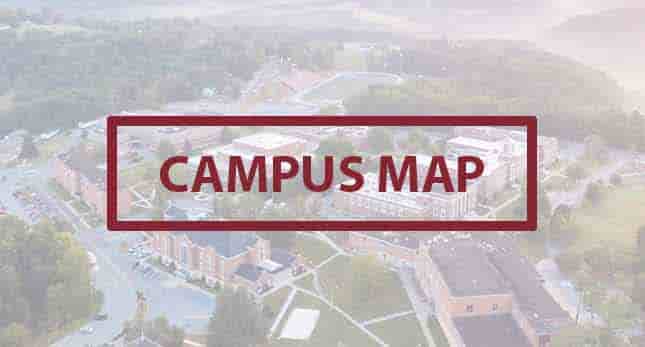Concord offers a physics minor that can be combined with any major. The minor will help you to broaden your knowledge base with respect to physics, including increasing your problem-solving skills and learning about advances in current research.Physics & Astronomy
PhysicsBayleigh Meadows2023-05-09T15:37:15-04:00




